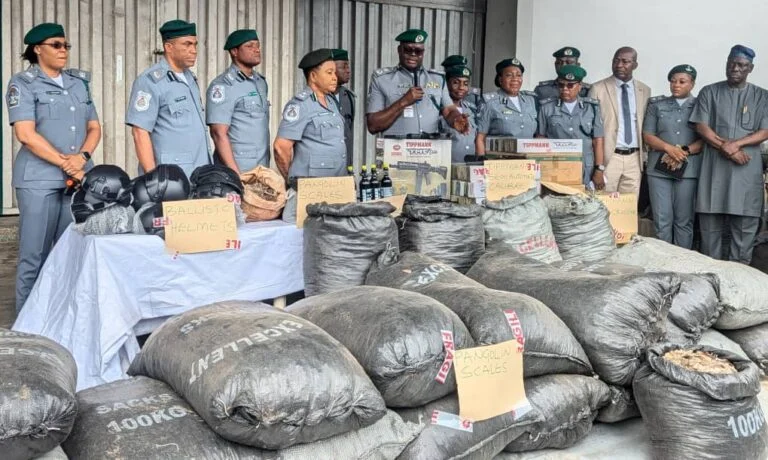LCCI canvasses policy consistency to double market capitalisation
By Taiye Olayemi Lagos Chamber of Commerce and Industry (LCCI) has called for consistent policies and robust reforms to unlock the full potential of the capital market and double its capitalisation to N150 trillion. The President of LCCI, Mr Gabriel Idahosa,Continue Reading


















